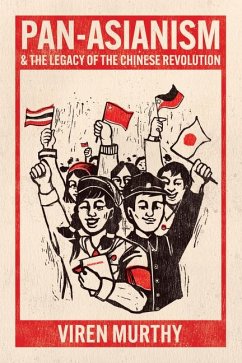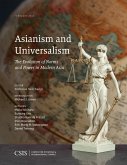"With Xi Jinping's project to revive the ancient Silk Road for the contemporary era, new analyses of pan-Asianism have proliferated. Most of these narratives focus especially on the "rise of China" as the natural leader of new capitalist bloc, foretelling a shift of power from the West to the East. What these approaches lack, however, is any historical grounding in the thought of influential twentieth-century pan-Asianists. Viren Murthy explores the writings and specific historical contexts of key pan-Asianist intellectuals in Japan, China, and India from the early 1900s to the present to clarify how current discourses distort the very foundations of pan-Asianism. At the heart of this thinking was the notion of a unity of Asian nations, of weak nations becoming powerful, and of the Third World confronting the "advanced world" on equal terms. But there was more: pan-Asianists envisioned a future beyond both imperialism and capitalism. That the resurgence of pan-Asianist discourse has emerged alongside the dominance of capitalism, Murthy argues, signals a profound misunderstanding"--
Hinweis: Dieser Artikel kann nur an eine deutsche Lieferadresse ausgeliefert werden.
Hinweis: Dieser Artikel kann nur an eine deutsche Lieferadresse ausgeliefert werden.








